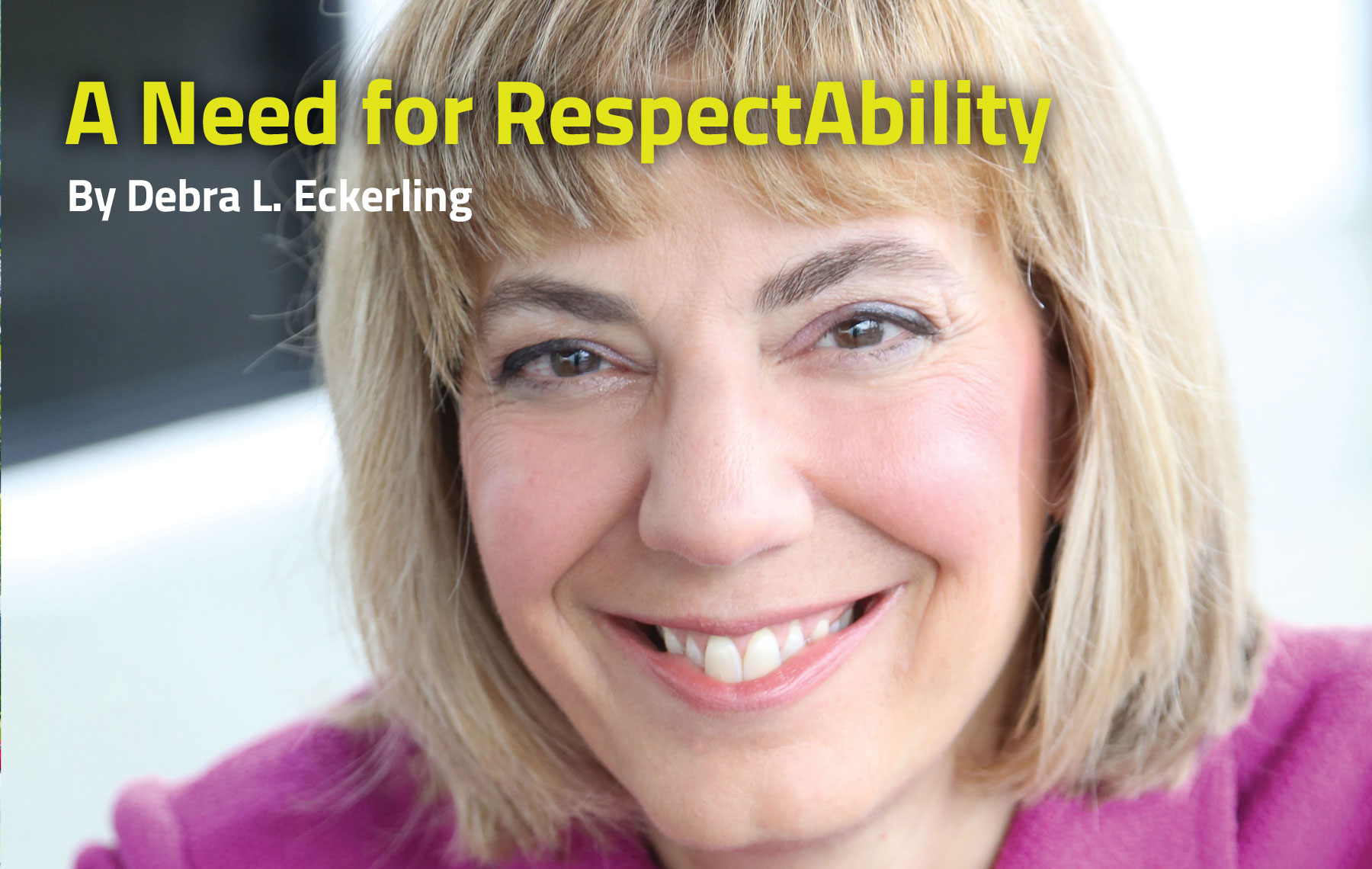
RespectAbility’s 2018 nationwide Faith and Disability Inclusion survey confirmed something the organization’s President Jennifer Laszlo Mizrahi already suspected: Most Jews don’t know any rabbis or staff members who have disabilities.
In the survey, only 15 percent of Jews with disabilities and less than 10 percent of Jews without a disability connection said they knew of a person with a disability who is in a leadership role.
These statistics were borne out after RespectAbility — the nonprofit that fights stigmas and advances opportunities for people with disabilities — surveyed more than 4,000 people of different faiths, including more than 900 individuals who self-disclose as a person with a disability. In Los Angeles, 183 Jews with disabilities took part in the survey, while 79 Jews who do not have a disability connection were included.
“This lack of role models in the Jewish community and the feeling that people with disabilities are not being invited to be a part of a leadership process is a new piece of information,” Laszlo Mizrahi told the Journal in a telephone interview. “I’ve been seeing this in my work, but we weren’t able to quantify it until this survey.”
Incidences of autism are among the things that popped up a lot in those surveyed in Los Angeles, but the major disabilities noted in the survey were issues surrounding mental health, Laszlo Mizrahi said.
Twenty-one percent of the Jewish respondents either had a mental health issue or had someone in their household with one. It’s something that Laszlo Mizrahi said she was aware of anecdotally.
“The majority of [Jewish] people [in the survey] have an invisible disability,” she said. “It’s a mental health disorder, a learning disability, social anxiety. It’s so stigmatized that [people] generally don’t feel comfortable outing themselves, which is why in the Jewish community, for example, we’re seeing this huge suicide rate. It’s because they’re still in the closet [about their illness] and they’re not necessarily getting the support that they need to thrive.”
To try to remove that stigma, RespectAbility is looking at establishing model practices in Los Angeles that can be replicated in other communities.
“When [viewers] start to see people with disabilities [being successful] on TV, in videos, in film or in the news media, they’ll understand that people with disabilities can be successful,” Laszlo Mizrahi said.
“There’s a lot of evidence that proves that people with disabilities can be enormously capable of a wide range of things. We wanted to focus on the strengths of people with disabilities and what they can contribute.”
— Jennifer Laszlo Mizrahi
RespectAbility is involved in the Emmy-winning reality show “Born This Way,” about seven young adults with Down syndrome, which was created by board member Jonathan Murray. Murray, together with Oscar-winning actress Marlee Matlin, who is deaf, is also executive producer of the documentary “Deaf Out Loud,” which follows three predominantly deaf families raising their children in a hearing world.
“Shows that have disability representation on both sides of the camera are going to be more authentic,” Laszlo Mizrahi said. “Honestly, I’m still thrilled to see a show like “Superstore” or “The Good Doctor” that have actors without disabilities playing very positive role models.”
Laszlo Mizrahi said she would always like an actor with a disability to be auditioned for those roles, but is happy for any positive portrayal.
She noted that 1 out of every 5 people has a disability, meaning that 1.2 billion people on the planet live with some from some form of disability. “People with disabilities are financially the poorest people on Earth,” she said. “Then, if they have what’s called multiple minority status (a minority with a disability in the United States), they really are the poorest of the poor.”
Laszlo Mizrahi has dyslexia and has been involved in giving back since she was a teenager with her synagogue’s youth group. Among other things, she founded and led the Israel Project for 10 years, started the community service program at the DC JCC and has submitted testimony on employment for people with disabilities in all 50 states and at the federal level. She said she always felt that when there’s a problem that needs to be solved, you can’t just sit around and complain. You have to act.
RespectAbility was founded five years ago by Laszlo Mizrahi and fellow Jewish philanthropists Donn Weinberg and Shelley Cohen. “Our initial thought was to hook our wagon to what somebody else was doing and amplify it,” she said, but then they discovered most groups focused on one particular disability, and she and her co-founders wanted to address all disabilities.
They also wanted to form an “opportunity” agenda, she said. “There’s a lot of evidence that proves that people with disabilities can be enormously capable of a wide range of things. We wanted to focus on the strengths of people with disabilities and what they can contribute.”
RespectAbility has hired what Laszlo Mizrahi calls a “tiny but mighty staff,” and also has created a young leaders program, most of whom have some form of disability.
“These young people are going to change the world,” she said. “If you just let young people with disabilities give their opinions and ask for their talents, they can be extraordinary contributors to solving all kinds of problems.”
She added that the success of people with disabilities can be summed up by the slogan: “Nothing About Us Without Us.” “Let those people with authentic experience be a part of the solutions,” she said, “and we’ll see so much more success going forward.”







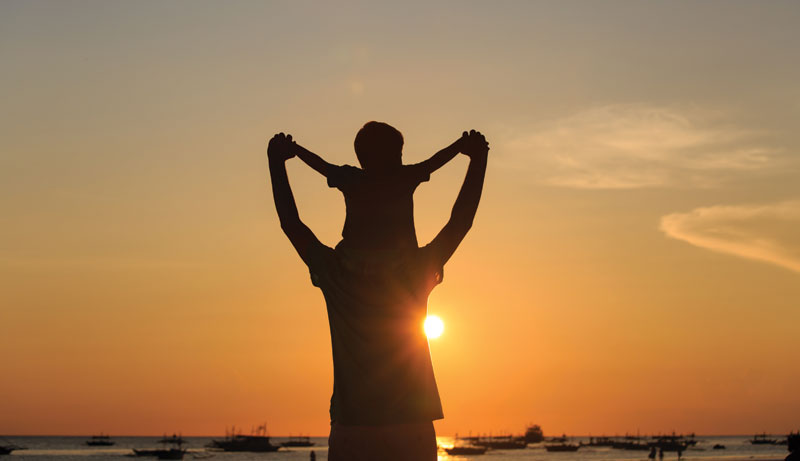
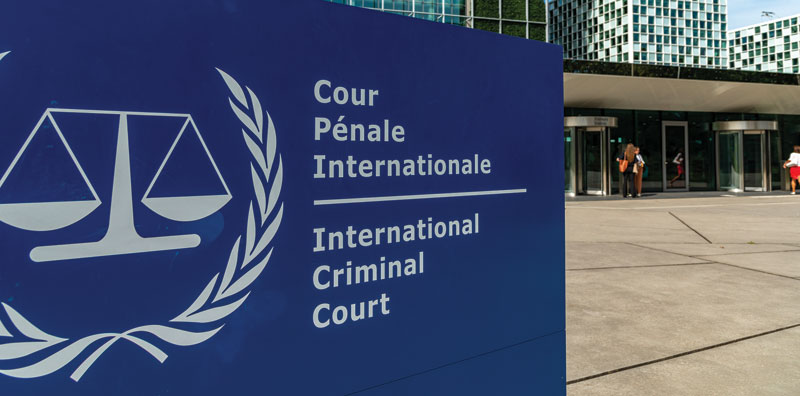
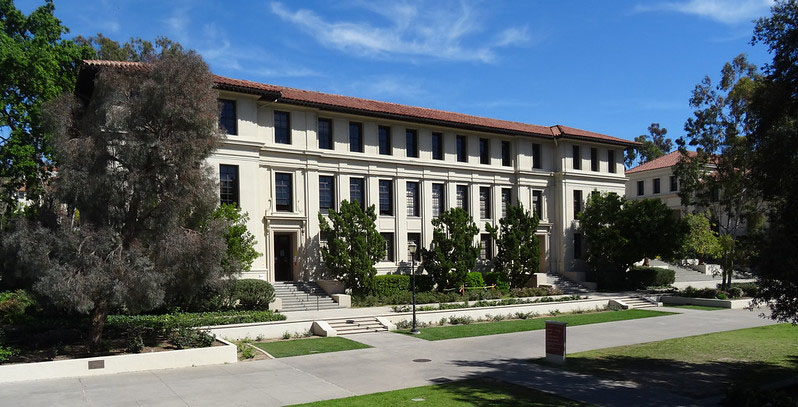

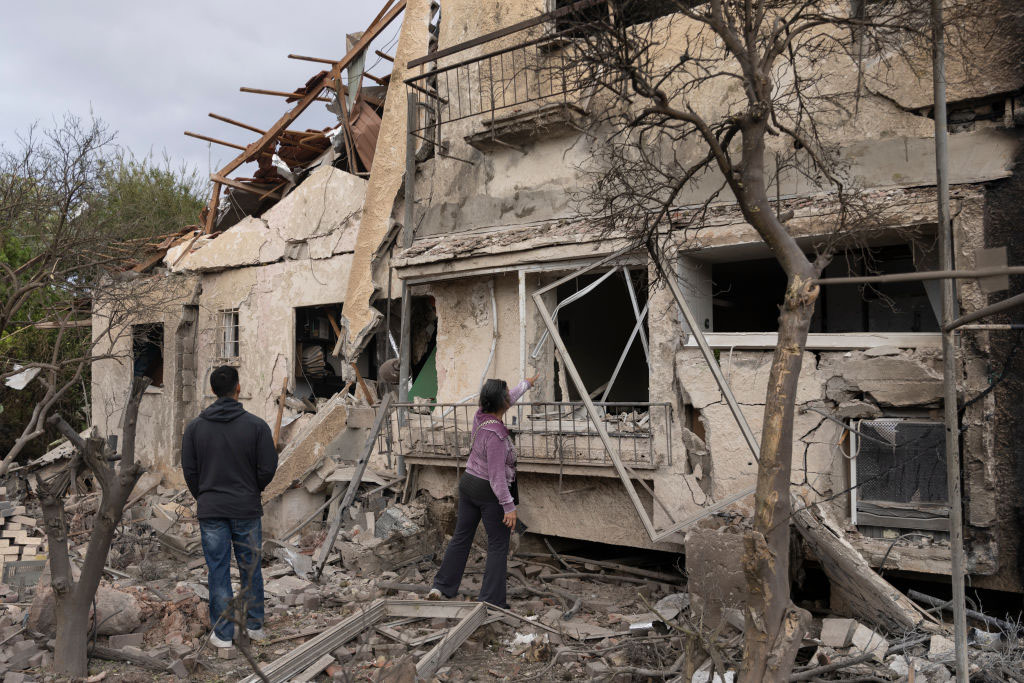
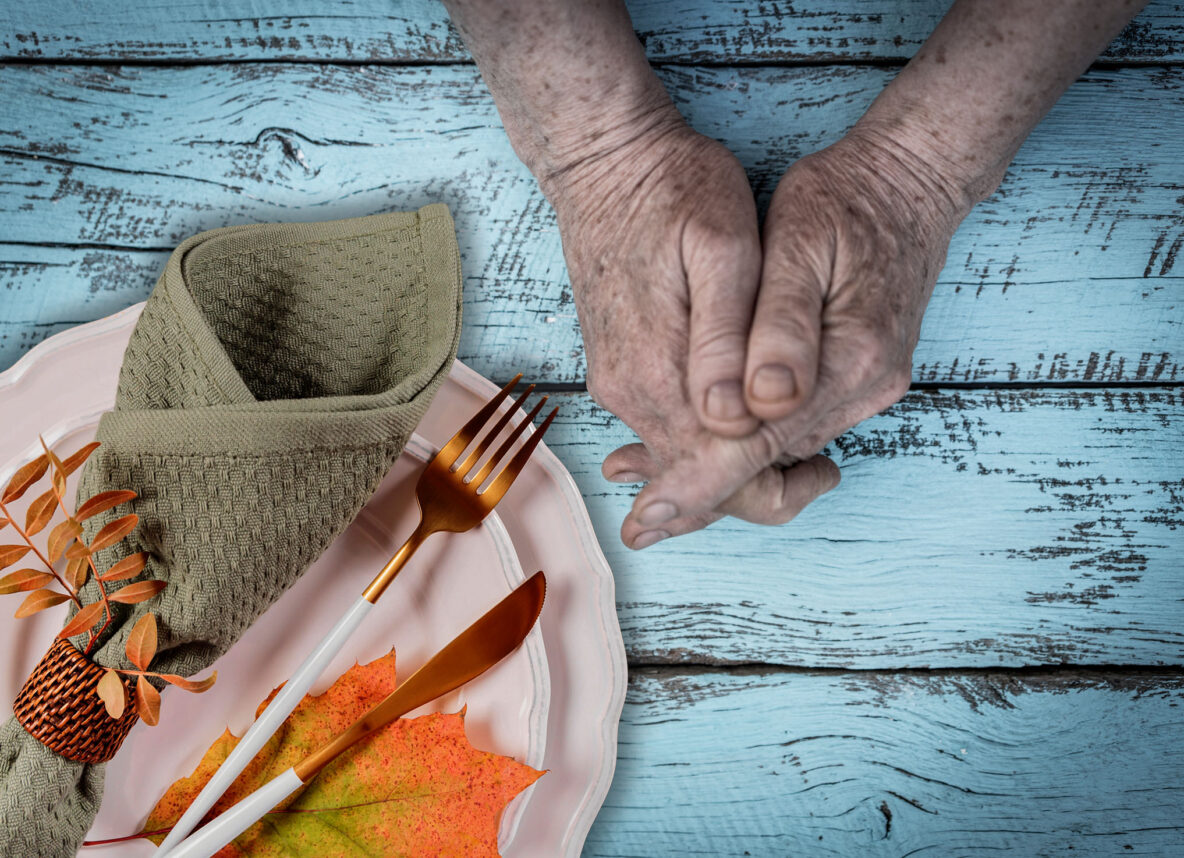

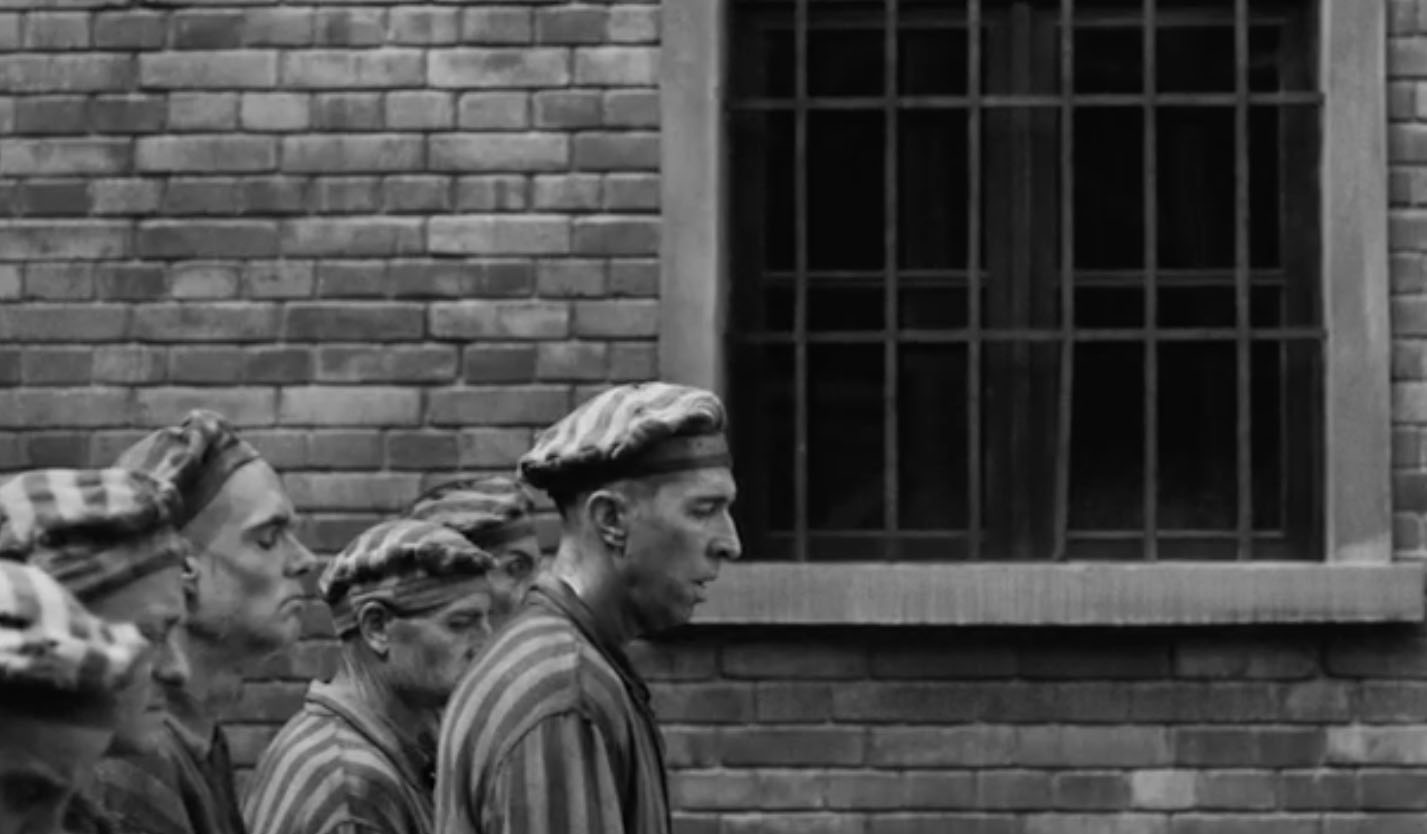

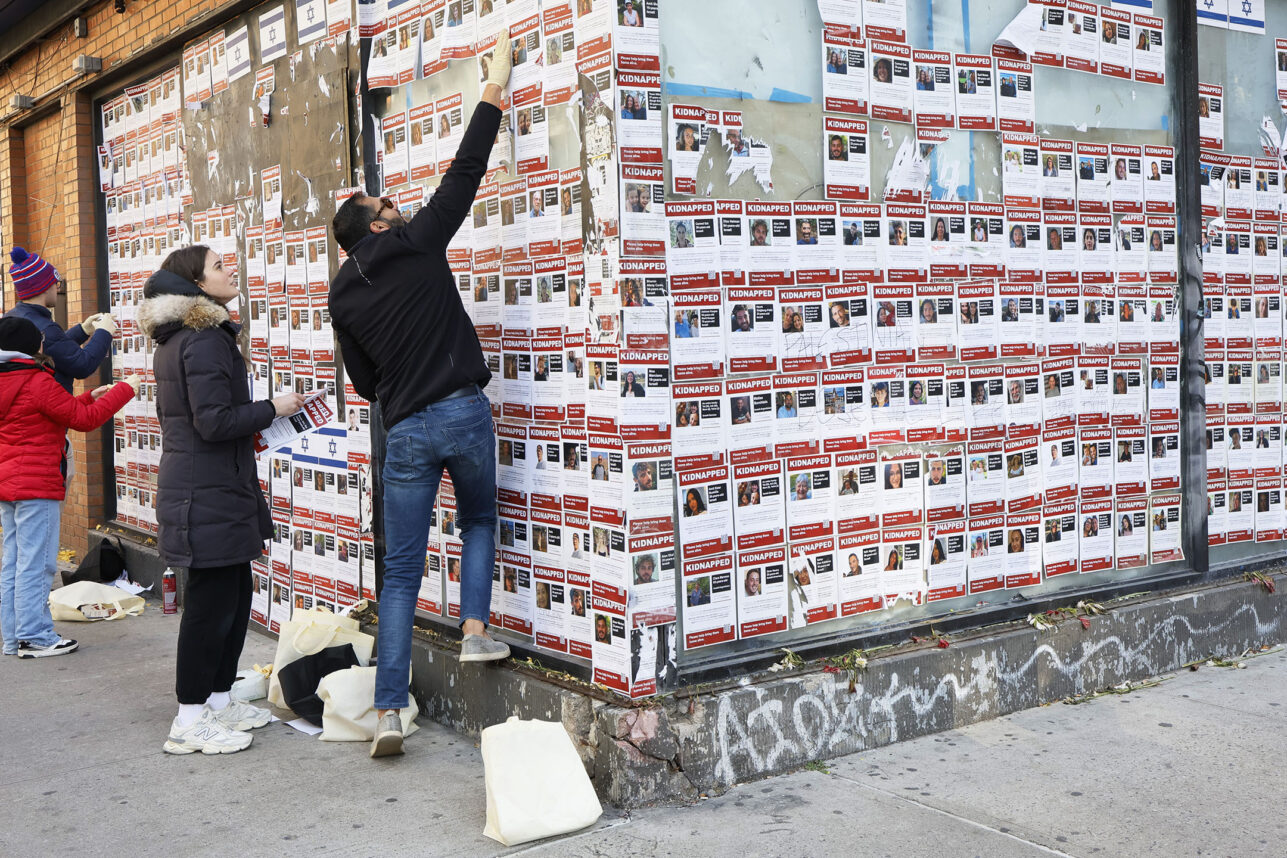






 More news and opinions than at a Shabbat dinner, right in your inbox.
More news and opinions than at a Shabbat dinner, right in your inbox.